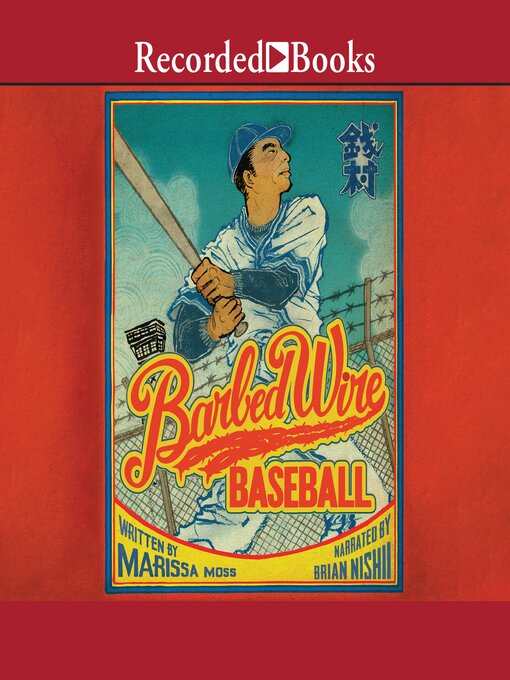small to play. As he grew older, his parents suggested other careers for him, like medicine or law. But Zeni kept playing baseball and grew up to be a successful player and manager, eventually playing in games with baseball legends Babe Ruth and Lou Gehrig.
But after the Japanese attacked Pearl Harbor in 1941, Zeni, his wife, and their two sons, along with more than 100,000 other American citizens of Japanese descent, were sent to internment camps in the American Midwest and West. They were
imprisoned not for any wrongdoing but simply because of their ancestry.
At the Gila River War Relocation Center in Arizona, Zeni did not allow his situation to overcome him. Instead, with his sons and friends, he built a baseball field that gave all the imprisoned a sense of pride and hope for the future.
The life of Kenichi Zenimura, who was later named the father of Japanese American baseball, offers an inspiring true story from a little discussed segment of American history.
-
Creators
-
Publisher
-
Release date
June 4, 2022 -
Formats
-
OverDrive Listen audiobook
- ISBN: 9781705069202
- File size: 8201 KB
- Duration: 00:17:05
-
-
Languages
- English
-
Levels
- Lexile® Measure: 800
- Text Difficulty: 3-4
-
Reviews
-
Publisher's Weekly
March 25, 2013
In her picture book debut, artist Shimizu finely crafts pen-and-ink illustrations with a calligraphy brush to help portray a true story of resilience during WWII. Born in Japan, Kenichi Zenimura, nicknamed Zeni, grows up in Hawaii and California loving and playing baseball. When WWII sees him, his wife, and teenage sons sent to an Arizona internment camp, Zeni "felt as if he were shrinking into a tiny hard ball." The bulk of Moss's (Nurse, Soldier, Spy) descriptive narrative centers on Zeni's efforts to build a baseball diamond at the camp. Thick brush lines create heavy textures in the digitally colored pictures, giving some the appearance of woodcut prints. All of the scenes occupy full spreads, echoing the expansive nature of Zeni's plan: unwilling to settle for a dusty dirt field, he irrigates it and grows grass; benches are made from wood scavenged under dark of night, and uniforms sewn from potato sacks. This triumphant story of how the father of Japanese-American baseball brightened the dark days of war concludes with an afterword, b&w photos, and notes from both author and illustrator. Ages 6â10. Author's agent: Alyssa Eisner Henkin, Trident Media Group.
-
Formats
- OverDrive Listen audiobook
Languages
- English
Levels
- Lexile® Measure:800
- Text Difficulty:3-4
Loading
Why is availability limited?
×Availability can change throughout the month based on the library's budget. You can still place a hold on the title, and your hold will be automatically filled as soon as the title is available again.
The Kindle Book format for this title is not supported on:
×Read-along ebook
×The OverDrive Read format of this ebook has professional narration that plays while you read in your browser. Learn more here.

